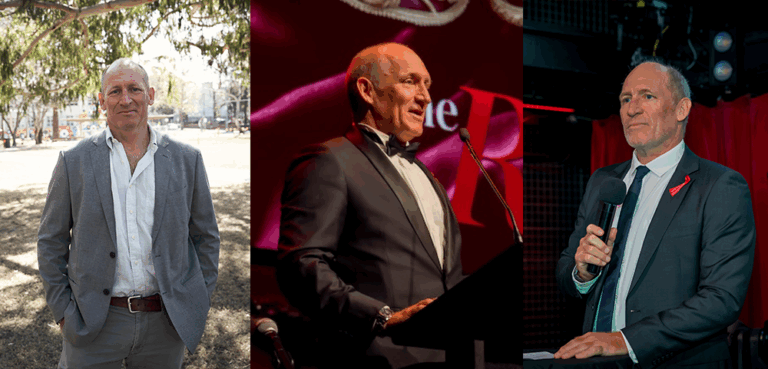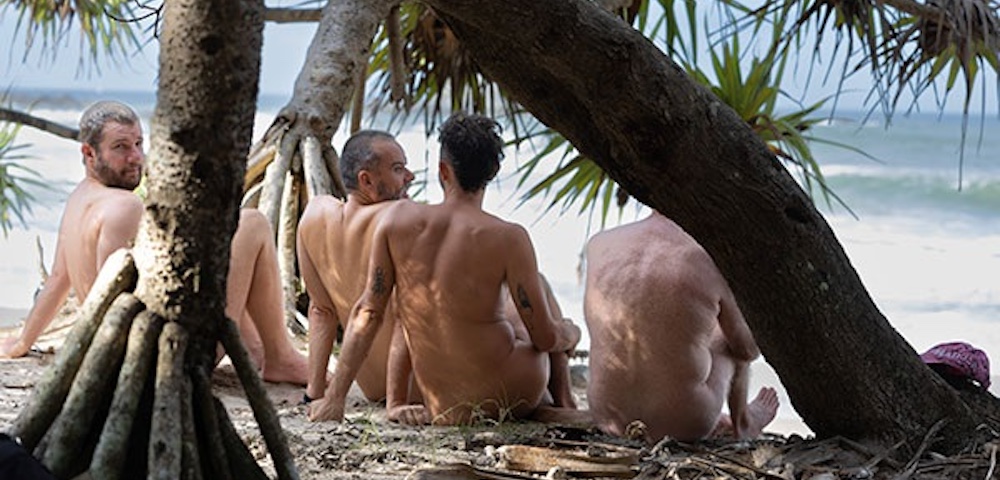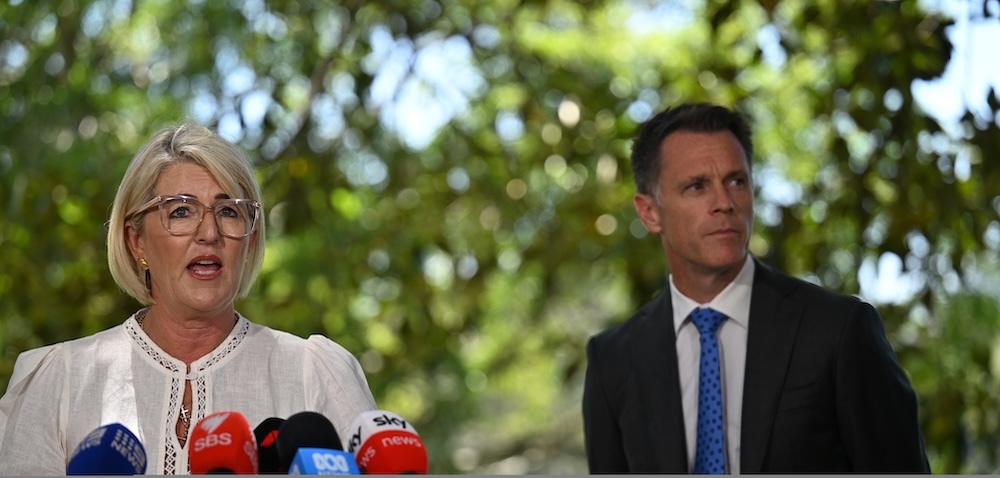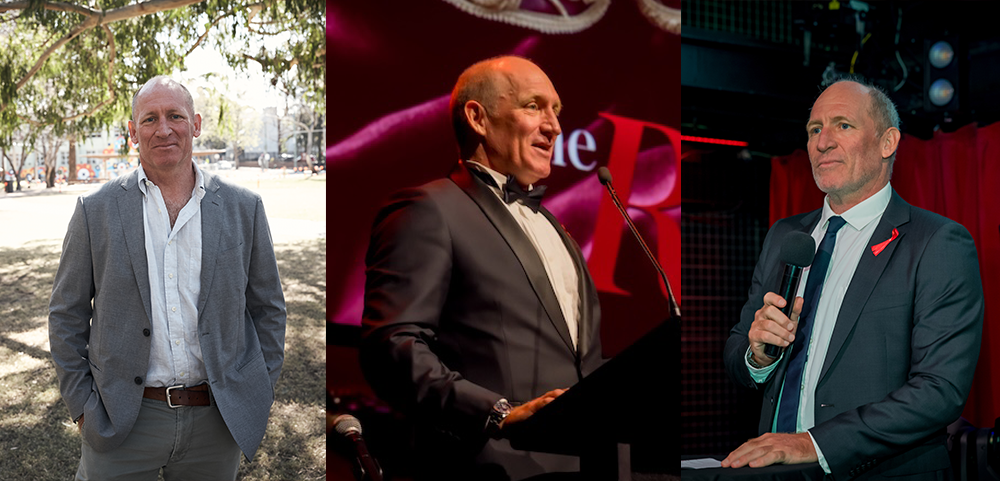
Cannabis dependence
Cannabis is the most widely used illicit drug in Australia, and in western society in general. Most people use it intermittently, experimenting with it once or twice or regularly over a short period of time. However, some people do experience great problems with the drug and continue to use cannabis even when it begins to have adverse effects on their life.
For a long time there was a widespread belief that cannabis was not a drug of dependence and you could not become addicted. This belief was due to an apparent absence of tolerance to the effects of cannabis or of a withdrawal syndrome, particularly when compared to that of alcohol or heroin dependence. However, this view began to change in the early 1980s when the definition of drug dependence changed. The importance of tolerance and withdrawal symptoms was reduced in favour of a greater emphasis upon continued use of a drug even when it is causing the user problems.
There has also been a view that cannabis dependence does not require treatment because the withdrawal syndrome is so mild and most users can stop using without assistance. There are, however, a substantial number of cannabis users who do need professional help because, as for those who are dependent on nicotine, past attempts to quit have failed. For these people, some of the treatment options include: assistance with withdrawal symptoms; skills training in resisting social cues for use; self-help groups; relapse prevention groups and outpatient counselling.
The vast majority of patients do not suffer distressing cannabis withdrawal symptoms, and as a result do not require medication during withdrawal. However, a small number of patients require assistance to cope with the cannabis withdrawal symptoms they may experience. If agitation, sleep disturbance, restlessness and irritability become major issues for someone who is trying to quit cannabis use, a doctor may prescribe a sleeping aid to help people go through this withdrawal period.
Reverting to old habits is one reason people fail in their attempts to quit. Preventing relapse is an important aspect of treatment and assists the person in their attempt to quit cannabis use. The following technique is often used to help people at this time: Delay -“ delay the desire to smoke for a minute, an hour or day. When the time is up, postpone smoking for another set period of time. Distract -“ try to find other things to do when the urge to smoke arises. Avoid -“ stay away from people and places that trigger the desire to get stoned.
If you believe you need assistance with your cannabis use, make sure you speak to someone. Your doctor may be able to help or you can contact the Alcohol and Drug Information Service (ADIS) on 9361 8000 for information on options available to you.
Remember: if you do not want any negative consequences, do not use the drug and, no matter how many times you have used a substance, never be blas?/p>










